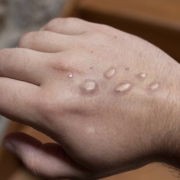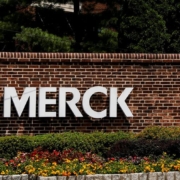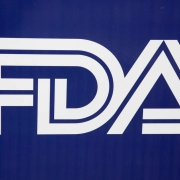EU must do more to tackle antibiotic shortages, say patient groups
EU must do more to tackle antibiotic shortages, say patient groups
By Natalie Grover and Maggie Fick
LONDON, Jan 24 (Reuters) – The European Union’s drug regulator needs to do more to tackle shortages of some widely-used antibiotics in the region, according to a letter from a group of European patient and consumer organisations reviewed by Reuters on Tuesday.
The letter to the European Medicines Agency (EMA) comes as antibiotics, including amoxicillin – used to treat bacterial infections and often prescribed for ear and chest infections in children – have been in short supply since October.
The letter said measures like substituting amoxicillin with other antibiotics have squeezed supply of some other drugs and that the current steps in place to deal with the shortages have not contained the crisis.
There has been a spike in demand for certain drugs linked to the resurgence of respiratory infections after two years of COVID restrictions, which has put additional pressure on global supplies. Drugmakers had also cut output when demand dipped at the height of the pandemic.
“The main root cause declared by producers is an insufficient production capacity to face the surge in demand,” the letter signed by 11 organisations, including the European Public Health Alliance (EPHA) and the European Consumer Organisation (BEUC) said.
The consortium asked the EMA to declare the current antibiotic shortage a “major event”, which would mean the regulator could coordinate action to address the shortfalls at a pan-European level and increase the reporting obligations of manufacturers.
A number of antibiotics are in short supply in multiple member states – not just amoxicillin, said Charlotte Roffiaen, representative of the French patient association France Assos Santé.
“We don’t know how many, exactly which ones, and the extent of the shortages…it would make sense to have a bigger picture,” she said, suggesting that declaring a major event would enhance transparency and help prevent any further supply issues.
In an interview with Reuters on Jan. 13, EMA chief medical officer Steffen Thirstrup said that the agency was monitoring the situation but did not believe it should be classified as a major event at that time.
Both the EMA and the European Commission said they were aware of the letter. A further discussion of this issue will take a place on Jan 26., an EMA spokesperson said on Tuesday.
The Commission declined to comment further.
Our Standards: The Thomson Reuters Trust Principles.
Source: Reuters






 Reuters
Reuters


